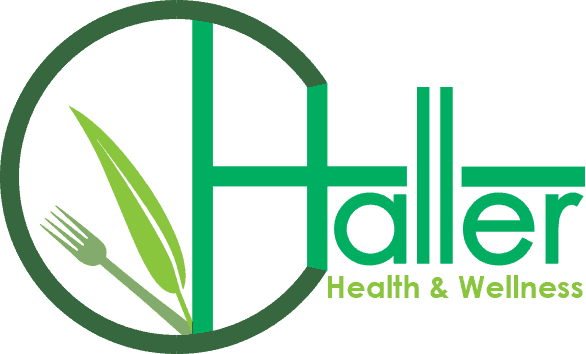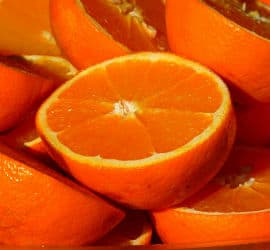This post was initially published January 31st, 2014 and was updated on May 10th, 2020.
Did you know, for the average adult, the recommended daily intake of potassium ranges from 2,300 to 3,400 mg ?
Did you also know that many American’s fall short of this amount on a daily basis?
This mineral is important in maintaining normal fluid and electrolyte balance, supporting cell integrity, and assisting nerve impulse transmission and muscle contractions.
Potassium plays an important role in blood pressure regulation. Diets high in potassium can prevent and lower high blood pressure (hypertension). A high potassium diet becomes even more effective in preventing/reducing high blood pressure when paired with a low sodium diet. According to the Centers for Disease Control and Prevention 1 in 3 American adults have high blood pressure. If you do happen to have high blood pressure and need help with improving your diet work with a registered dietitian.
For more information on potassium and high blood pressure check out the American Heart Association.
Meeting your potassium needs from food is best as you reap many other benefits such as vitamins, other minerals, phytonutrients, and fiber. Potassium is inside of all living cells and therefore can be found in both plant and animal products. The richest sources of potassium are fresh, non-processed foods.
Examples of high potassium foods:
- Acorn Squash
- Artichoke
- Avocado
- Banana
- Broccoli
- Brussel sprouts
- Cantaloupe
- Dates
- Lima beans
- Nuts: almonds, peanuts, hazelnuts, Brazil, cashew
- Orange
- Papaya
- Pinto beans
- Potatoes and sweet potatoes (with the skin)
- Rasins
- Soy milk
- Spinach
- Swiss chard
- Tomatoes and tomato juice
Please note that a high potassium diet is not safe for everyone, for example people with impaired renal function or those who are taking certain medications that can increase potassium retention. Elevated potassium in the blood is dangerous and can lead to cardiac arrest and death. Speak with your doctor before making major changes to your diet and prior to taking any new supplements.
Resources:
National Academies of Sciences, Engineering, and Medicine. 2019. Dietary Reference Intakes for Sodium and Potassium. Washington, DC: The National Academies Press. https://doi.org/10.17226/25353.
“High Blood Pressure FAQs.” Centers for Disease Control and Prevention, Centers for Disease Control and Prevention, 30 Nov. 2016, www.cdc.gov/bloodpressure/faqs.htm#4.
“How Potassium Can Help Control High Blood Pressure.” Www.heart.org, 31 Oct. 2016, www.heart.org/en/health-topics/high-blood-pressure/changes-you-can-make-to-manage-high-blood-pressure/how-potassium-can-help-control-high-blood-pressure.

